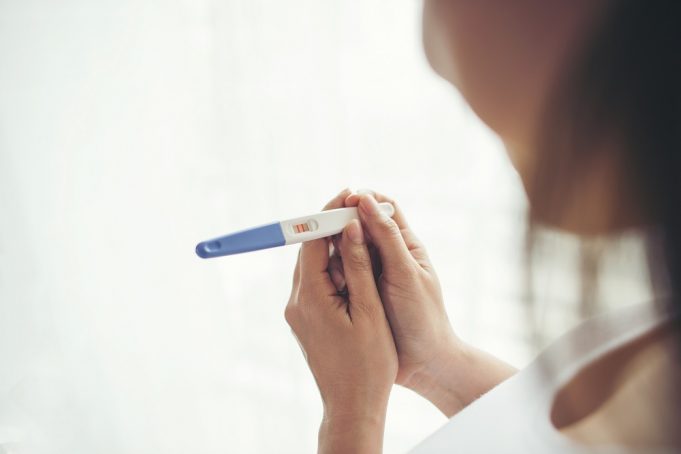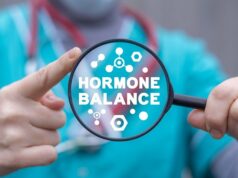Studies show that more women today are delaying childbirth. Yet waiting until age 30, 35 or 40 might affect a woman’s ability to become pregnant as well as increasing her risk of pregnancy complications and health problems with her baby. However, the mother’s age is not the only thing that matters when it comes to pregnancy. The father’s age also plays a role. Here is more about what you should know about the best time to get pregnant.
Studies Show that Eggs Decrease Rapidly by Age 30
Even though women do get pregnant well into their 40s, research now shows that by the time a woman reaches the age of 30, she loses up to 90% of her eggs. At the time of birth, a female infant already has the maximum amount of eggs she will have for the rest of her life. Gradually, the amount of eggs she carries will decrease so that by the age of 30, only 12% of her eggs remain. By the age of 40, only 3% of her ova are left. This decrease in eggs is clearly one reason for why a woman’s biological clock may actually end sooner than previously thought.
Mothers’ and Fathers’ Age Increases Risk of Baby’s Health Problems
In addition, fertility experts explain that when the total percentage of eggs decrease over time, a higher proportion of eggs remain that are not healthy. This explains, in part, why women in their 30s and 40s are more likely to have a child born with genetic problems.
Age also seems to play a role in increasing the risk of problems such as autism. Women over 40 are much more likely to have a child with autism. Yet women are not the only ones who need to remember how their biological clock could affect their baby. Men over 40 are more than five times more likely to have a child with autism. By age 50, the risk of autism in their offspring has increased to over nine times the risk of autism from fathers in their teens and 20s.
Parent’s Age Affects Risk of Pregnancy Complications
It is a well-known fact that older women tend to have greater risks of miscarriage, stillbirth and preterm labor. By the age of 45, a woman’s chance of miscarriage has increased by 50%. However, fathers over 35 are much more likely to increase their partner’s risk of miscarriage. Experts speculate that the increased risk of miscarriage in older fathers may be due to the increased DNA damage of the sperm at that time of life.
Effects of Delayed Childbirth Seen in Cesarean Rate and Labor Complications
Not only does the mother’s age effect her pregnancy, but it can also determine how she ends up giving birth. Studies show that older women can have greater difficulty achieving a vaginal birth. As the mother’s age increases, so does the length of her labor as well as her chances of having an instrumental birth such as vacuum or forceps. The cesarean rate also increases dramatically with the mother’s age. From age 30-34, the mother’s chance of cesarean is three times greater. At age 35-39, her risk of cesarean goes up seven-fold and over age 40, 10-fold.
So when is the best time to get pregnant? Some might say that the ideal time to get pregnant for both women and men may actually be in their 20s. However, rather than recommending a specific “ideal” age to get pregnant, experts do caution women and men that delaying childbirth too long can have health consequences for both mother and baby.


















